


Hawaiian coral reefs may face unprecedented ocean acidification within 30 years, driven by carbon emissions. A new study by University of Hawai‘i researchers shows that even...



Dogs trained to detect Parkinson’s disease using scent have shown remarkable accuracy in new research. In a double-blind trial, they identified skin swabs from people with...
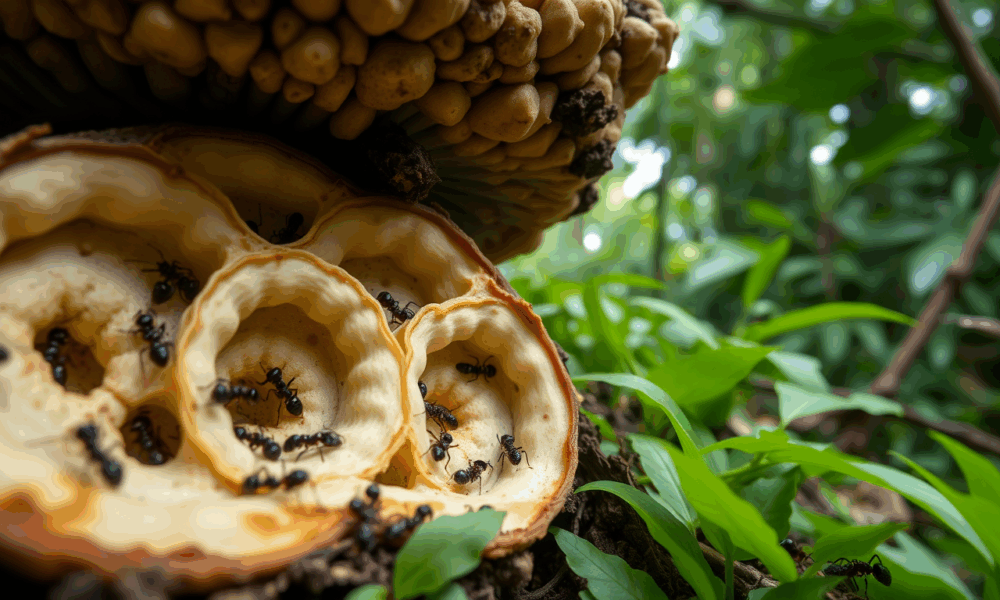
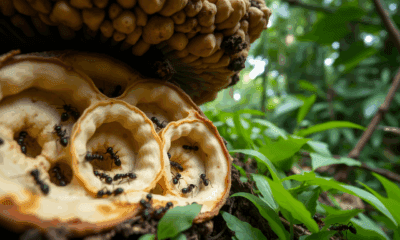

High in Fiji s rainforest, the ant plant Squamellaria grows swollen tubers packed with sealed, single-door apartments. Rival ant species nest in these chambers, fertilizing their...
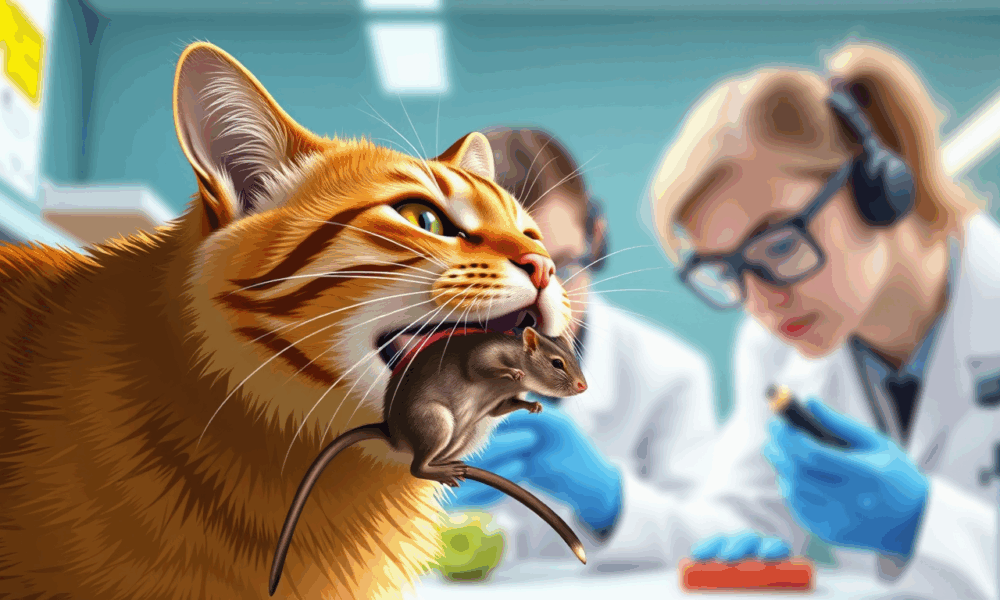
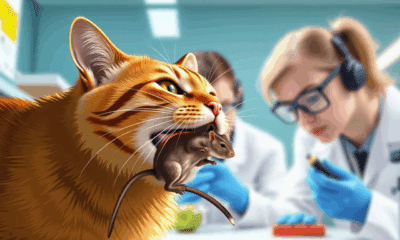

A cat named Pepper has once again helped scientists discover a new virus—this time a mysterious orthoreovirus found in a shrew. Researchers from the University of...



Blue sharks possess a secret hidden in their skin: a sophisticated arrangement of microscopic crystals and pigments that create their brilliant blue appearance — and may...
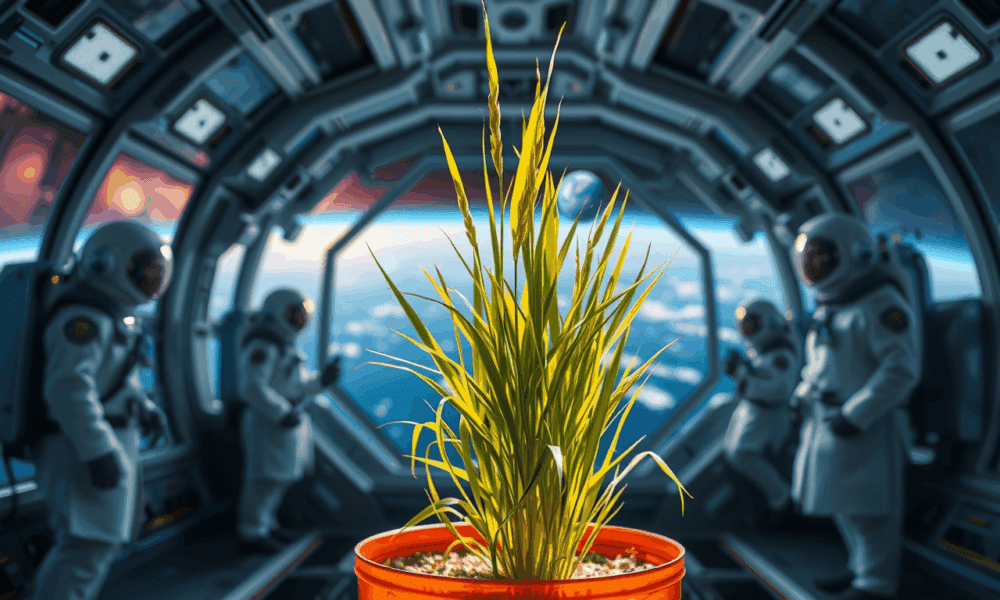
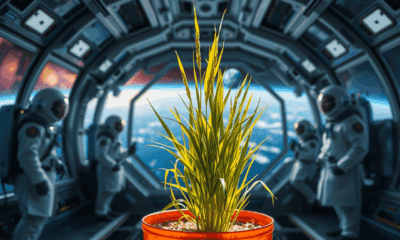

In a bold step toward sustainable space travel, scientists are engineering a radically small, protein-rich rice that can grow in space. The Moon-Rice project, led by...
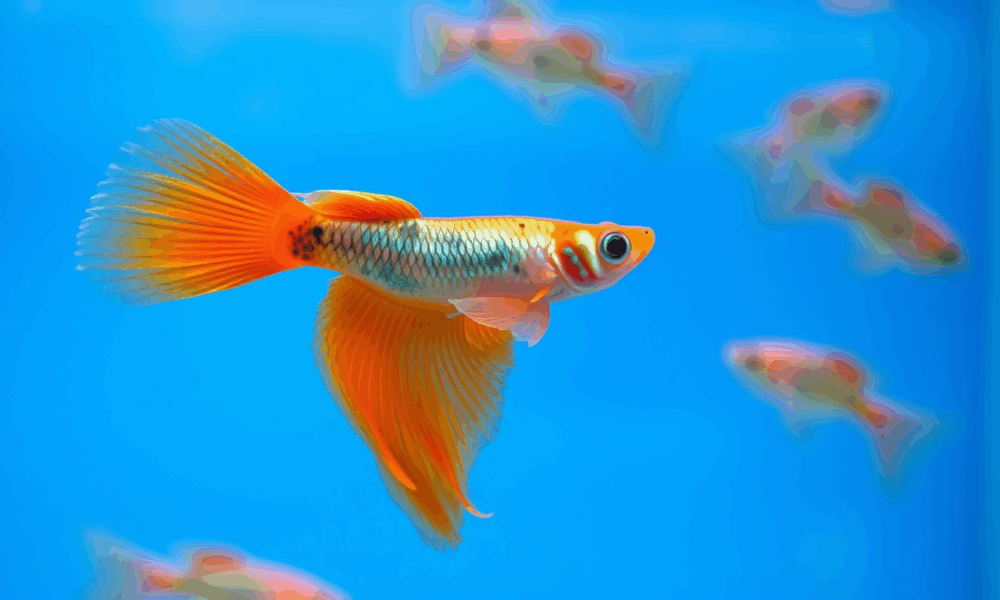
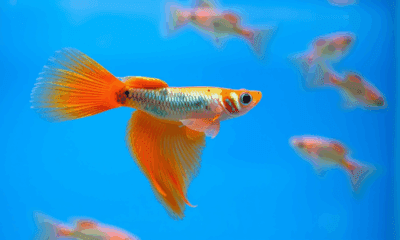

Male guppies that glow with more orange aren’t just fashion-forward — they’re also significantly more sexually active. A UBC study reveals that brighter coloration is linked...



What if humans didn’t have to suffer the slow-burning fire of chronic inflammation as we age? A surprising study on two types of lemurs found no...



Climate change is silently sapping the nutrients from our food. A pioneering study finds that rising CO2 and higher temperatures are not only reshaping how crops...
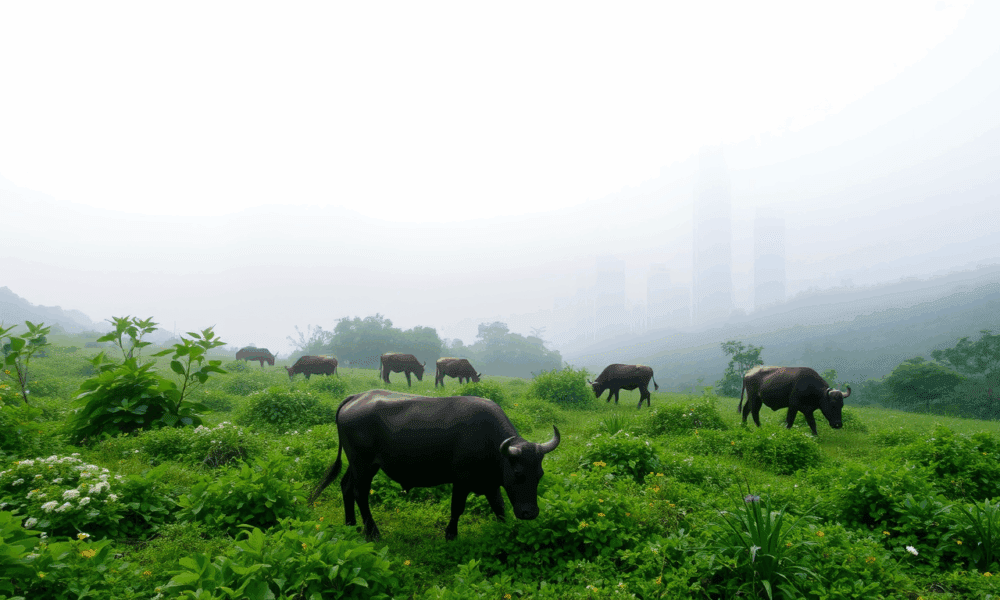
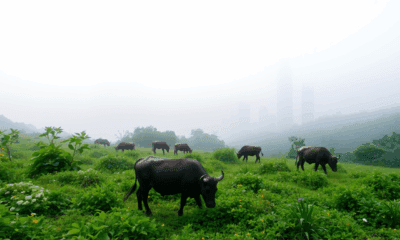

Feral water buffalo now roam Hong Kong s South Lantau marshes, and a 657-person survey shows they ignite nostalgia, wonder, and worry in equal measure. Many...